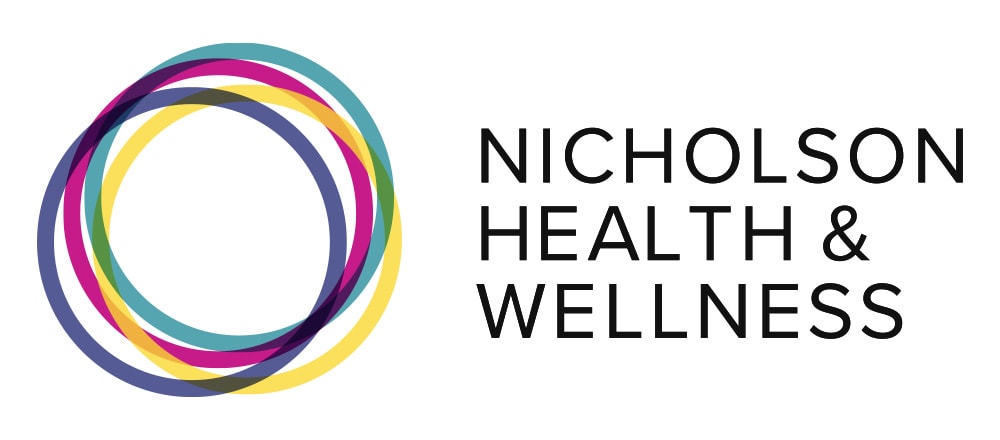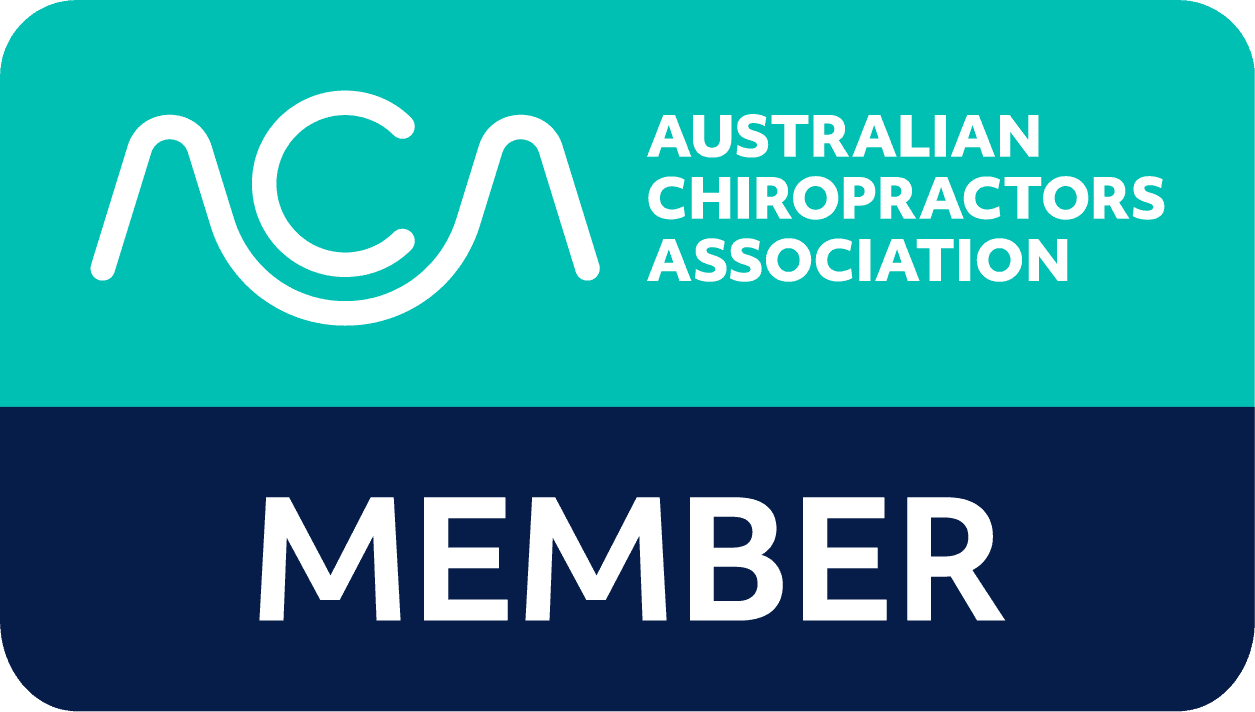Wonderfully kind, nurturing, insightful, wickedly smart – our Counsellor.
We wanted you all to have a chance to get to know our lovely Sue, so we sat down with her and questioned the counsellor!
Which life events led you into becoming a counsellor?
Well, the short answer is that I started working in childcare where I did a lot of behavioral management and early childhood development, so the want to counsel grew from there I think.
But there were a few things along the way that turned me towards it too like a childhood ‘incident’ when I was younger. I don’t even remember what had upset me at the time but I remember going to my mum and aunty (who are lovely people) with it and telling them and in response getting a laugh and a ‘oh wait till you grow up and have real problems!’ And though they didn’t mean any harm by it, I still remember thinking ‘my problem might’ve seemed insignificant comparatively, but it was important to me, and that should’ve been important.’
So I suppose it was a culmination of things that grew off my curiosity and want to understand why people behave the way they do that lead me to counselling, but I also wanted to be able to learn more about the overall nature of existence for myself.
What do you love most about your job?
Seeing people get insights! Seeing them develop, and move from a place of being stuck and feeling unhappy.
It’s pure magic to me, to improve someone’s life for the better – what could be a better reward?!
Why do you think it’s important for patients to look after their emotional health?
Because the old-fashioned notion that seeking help is to be weak is fast on its way out – and good riddance too! None of us are given a playbook when we arrive here, so it’s always good to help yourself through with some good guidance, we don’t need to struggle by ourselves anymore.
But mainly because it’s SO important to know how to manage our minds when it controls literally every single thing we do. Emotional pain registers in the brain the same way that physical pain does, so your brain knows when there’s something wrong, a threat to survival, and it goes into a panic if we don’t know how to manage our thoughts and feelings.
Why do you think we feel so stressed these days and find it hard to say no to tasks?
Life is full of illusions; our job is to work out where the illusions are.
One of the most common illusions is we think: if we’re good, we’ll get. So we work our butts off and consumerism and commercialism ends up taking us for a ride. These two things are out of control nowadays, and when you mix how fast and communicative the media has become you get the really nasty output of training ourselves to have a thought system that’s so energy absorbing that it makes it difficult to be truly productive at all.
Another reason for stress is how unfairly we’re measuring ourselves these days, largely due to the above. I mean, what’s wrong with average?! The ‘whatever I do is never enough’ mind frame is actually deadly – it brings on chronic fatigue, stress-related diseases, heart issues and so much more.
Finally, we don’t priorities relaxation as much as we should in this culture. There’s no time to come back to that ‘base rate’ of who am I, where am I in the room, what’s happening in my body, what am I feeling? Commercialism doesn’t want us to feel, it wants us to feel what they want us to feel – “buy this or you wont be socially acceptable”, “buy this and then you’ll be loved” – it’s fear based, don’t buy into it!
What’s CBT?
Cognitive Behavioral Therapy. It’s about your thought system. Our thoughts create our reality – thoughts create feelings, and feelings prompt behavior.
CBT comes from a different angle, it’s a bit like meditation – they both serve a similar purpose. It prompts you to start listening to your own thoughts and realise that you’re being so damn hard to yourself all the time!
CBT is helpful because we tend to believe our thoughts, and though sometimes they are, most of the time, our thoughts are not facts and can be quite unhelpful and hindering to us. But the good thing is that we have control over them, and we can change them. With a bit of coaching, you can learn to start ‘checking yourself’ and posing yourself questions such as: where did that thought come from? Does it serve me? Does it help me? Does it work for my benefit?
And if it does prove unnecessary and detrimental, you learn to just dump those thoughts. A lot of the time you’ll realise that we have the same thoughts again and again coming back to hurt us in different forms and that those thoughts aren’t necessarily true or accurate, they’re just habitual, and we don’t need to make room for them here!
What’s Schema therapy?
Schema therapy is about core beliefs – common thoughts that don’t serve us.
A few examples are:
- ‘Whatever I do wont be enough’;
- If we’re good, we’ll get; and
- Kind people self sacrifice all the time and they’ll eventually get around to taking care of themselves once everyone is tended to.
These are all illusions that are hindering you!
Once you know what the hindering core beliefs are in your life you can allow yourself to slowly find ways to let go of these beliefs and find better ways to approach your life.
We need new functional rules which fit into who we are and the world that we live in today, so that we can live in reality and enjoy our lives properly!
Who is this counselling service for?
People who want a life more connected to it’s true nature, and seek peace, contentment and joy.
I like to describe it as living your life in colour instead of black and white! I do believe that emotional regulation is so important as it’s so central to who we are and if we find we can’t manage our emotions we tend to shut them down and when we shut them down they sneak out sideways and derail our lives – and it’s all so avoidable!
What skills can they receive from this experience?
Life skills! Learning to get to know yourself better and let go of stress. It’s so incredible how much space opens up for joy when you shed some of that unnecessary and built up stress – you’ll be able to reach out and grab more of what you want in life.
If there’s one message you want to spread to the world about emotional health, what would it be?
Easy – I’d love to stand on the rooftops and shout this one: don’t leave it too late!!
As humans, even when we struggle, we firmly believe that we are always doing the best we can and so we may not need help. And though I do not doubt for a second that we are all just doing the best we can, the ‘it’ll get better’ attitude doesn’t prove helpful in the long run.
Change has to come from within, and if you always do what you’ve always done, you’ll likely get what you’ve always received, and that can be really dangerous when it comes to mental health.
Like with physical health, if you look after your health, you have a good chance of living a healthy life, but if you don’t look after yourself, you’re guaranteed to have an unhealthy life. It’s the same with mental health, perhaps even more important as it’s your body’s control system!
I understand that there’s a place for anti depressants and other medications to help get us by sometimes, and sometimes you just have to do what gets you through the night but eventually you’ll have to get up in the morning and figure out what gets you through your life, and counselling can help with that.
So I would say, please don’t put your life on hold. If you think it’s what you need, seek help now – we all need a little help sometimes.




